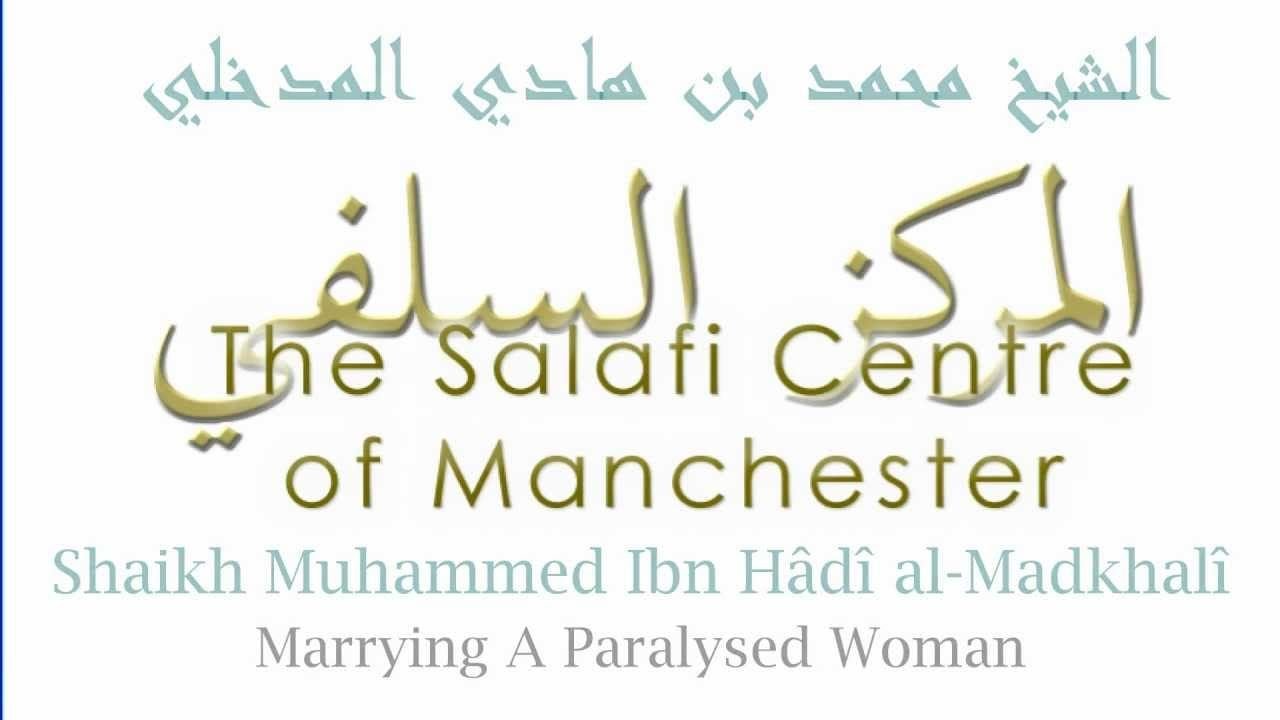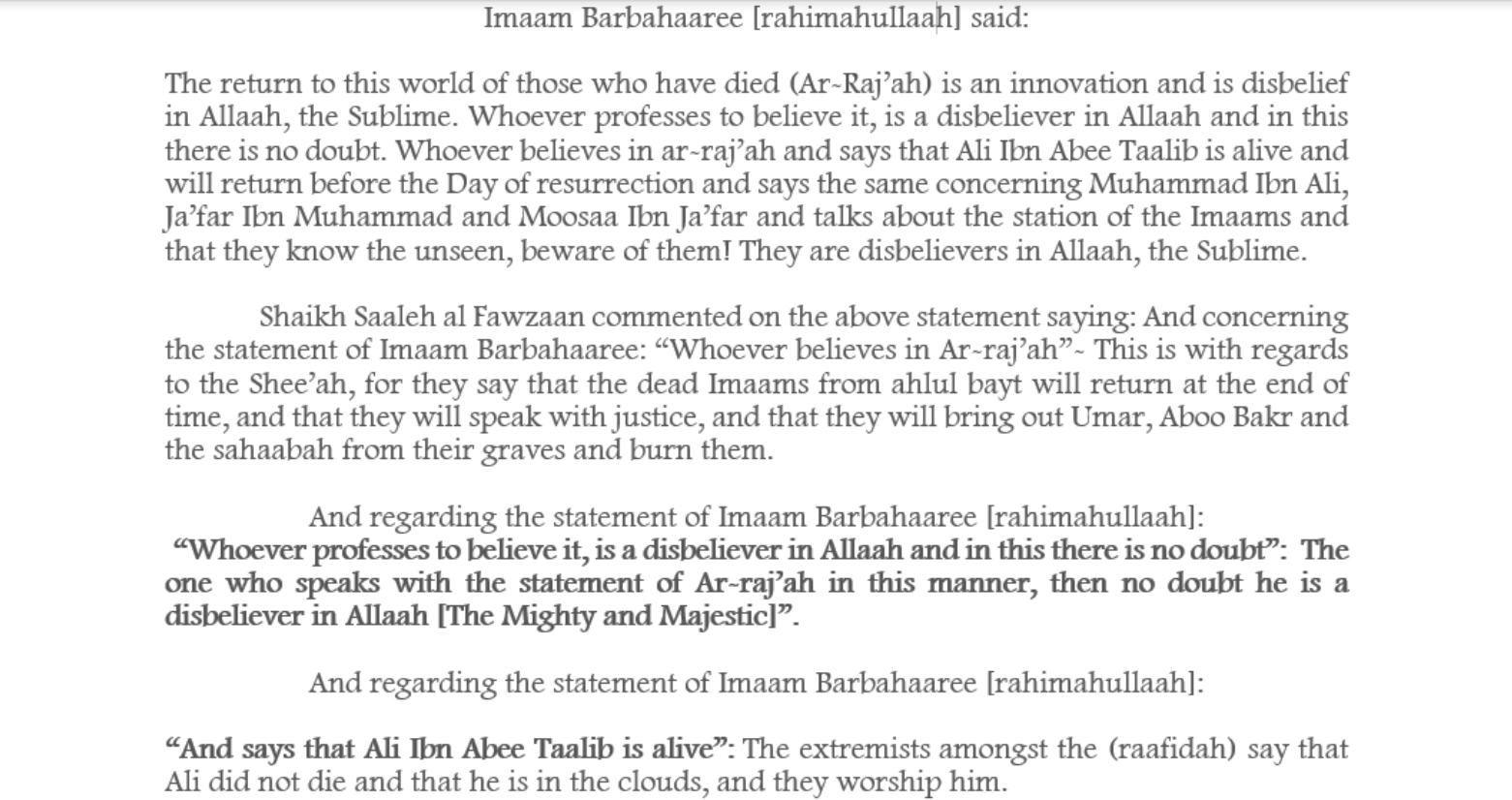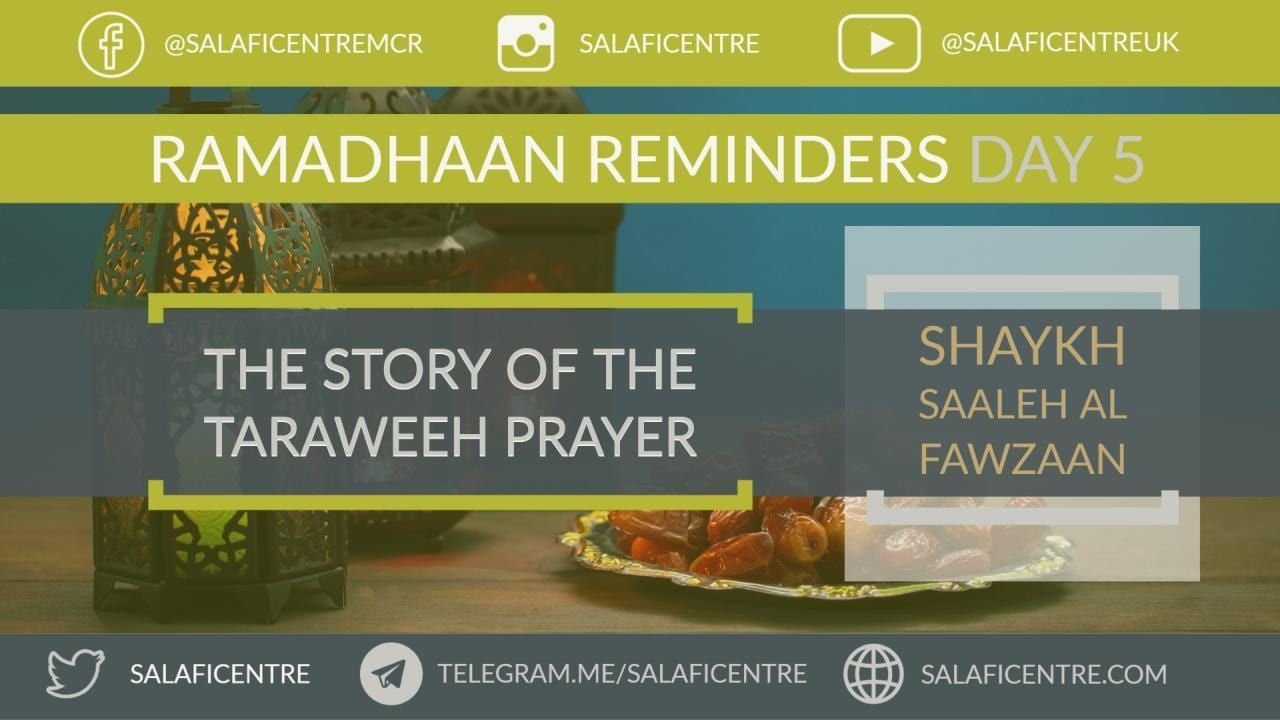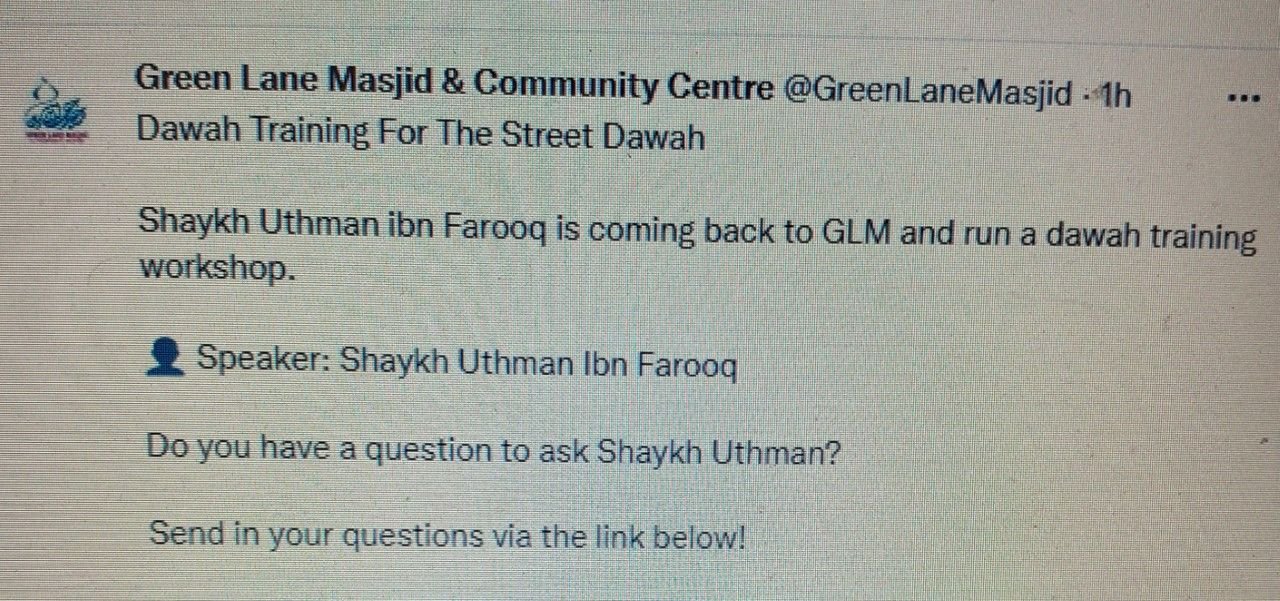Shaikh Abdullaah Al-Bukhaari–”It Is obligatory to attach the Ummah to the…………….”
Shaikh Abdullah Bukhaari (hafidha-hullaah) stated:
It is obligatory to attach the Ummah to the Rabbaani Scholars, those who are well known for their goodness, steadfastness, leadership and and sound advice to the Ummah–and they are those who teach the smaller affairs of knowledge before the greater affairs. Therefore, their status must be made known amongst the people, because the scholars are the inheritors of the Prophets, as reported in the narration from the Prophet (sallal-laahu-alayhi-wasallam).
Imaam Ibnul Qayyim (rahimahullaah) in explaining this hadith stated:
This is among the greatest virtues of the people of knowledge; and because the Prophets are the best of the creation, therefore their inheritors are the best after them. And when it is the case that every one that is inherited from passes on inheritance to his inheritor, then the inheritors are those who take the place of those they inherit from. None will take the place of the Messengers in propagating what they have been sent with except the scholars. They are the most worthy of their inheritance. [Source: Maqaalaat Shar-iyyah: page:15-16]











